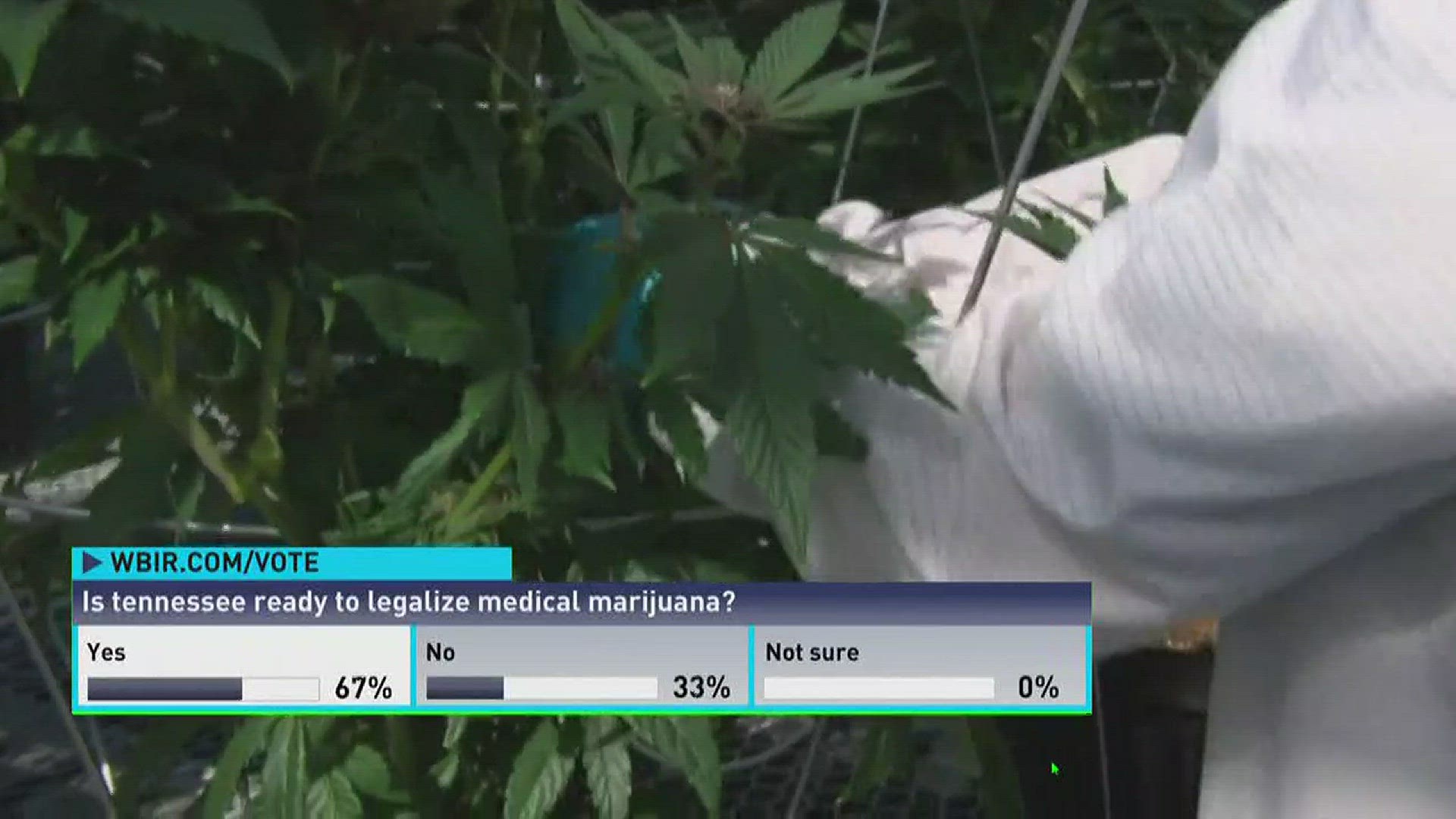A task force consisting of state senators and representatives will soon take a harder look at issues around medical marijuana in Tennessee.
Lt. Governor Randy McNally and speaker Beth Harwell are responsible for appointing lawmakers to the task force. McNally expects those appointments to be made in July.
Rep. Jeremy Faison introduced a bill for medical marijuana in February. He's optimistic that this joint task force will help both educate the general public on the science of medical marijuana as well as educate lawmakers on the extent of the support to medical marijuana in Tennessee.
"Tennessee has done a great disservice to a lot of people by not allowing them access to a plant that God gave us," Faison said. "I know and I've seen the science of what this plant can do and I'm hoping to bring in professionals from all over the world to be able to share."
The task force will likely consist of five or six members from both the House and the Senate. Although Lt. Gov McNally said that no one has been appointed, Faison says the task force will include the chairman of both the criminal justice and health committees from both chambers.
Faison says that the task force will hold three public meetings. The first will be in Nashville in September, the second in Knoxville in October and lastly Memphis is November.
The task force will make a recommendation which will be presented to the general assembly in January.
Faison also says that given polling information showing the majority of Tennesseans favor allowing medical marijuana, the topic will be a central issue in 2018 elections.
"You're going to see that people in Tennessee are ready for it, even more now than ever before," Faison said. "When my colleagues see polling numbers that 75 to 78 percent of their Republican primary voters believe that we need this, they're going to be like 'holy smokes, we don't have 75 percent of people agree on anything.' When they see these polling numbers, they're going to get on board."

